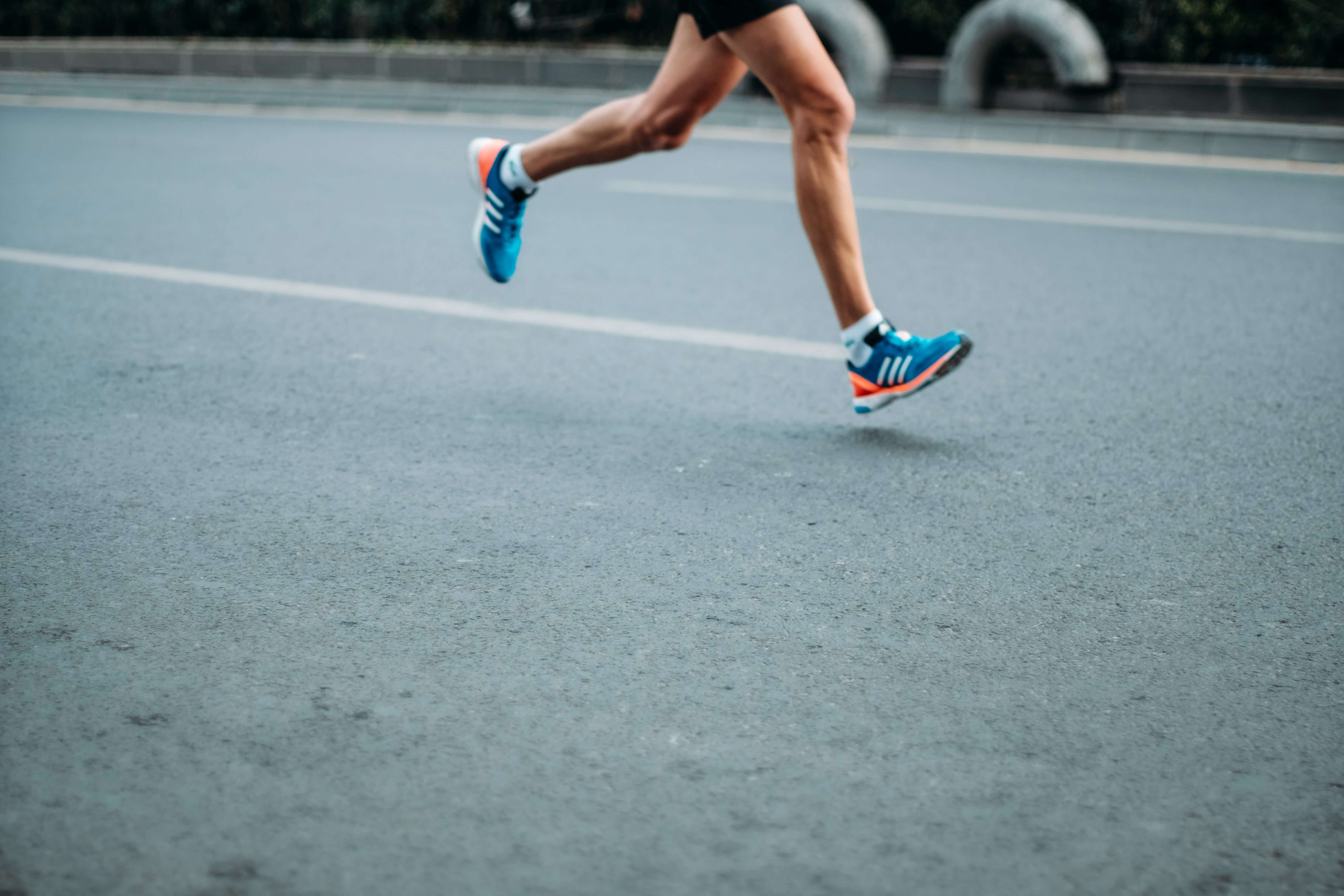Exercise burns fat differently depending on the time of day
Physical activity at the right time of the day seems able to increase fat metabolism, at least in mice, shows a new study from Karolinska Institutet in Sweden and the University of Copenhagen.

Maybe it actually matters what time of the day you go running.
Physical activity indeed affects the body differently depending on the time of the day. That’s because of the genetic clocks inside almost all cells, which regulate biological processes over a 24-hour period, otherwise called a cell’s circadian rhythm.
Researchers at Karolinska Institutet and the University of Copenhagen have now discovered that exercising at different times of day affects how mice burn fat. The results were published in the journal PNAS.
”Our results suggest that late morning exercise could be more effective than late evening exercise in terms of boosting the metabolism and the burning of fat, and if this is the case, they could prove of value to people who are overweight,” says Professor Juleen R. Zierath from Karolinska Institutet and the Novo Nordisk Foundation Center for Basic Metabolic Research at the University of Copenhagen.
The researchers looked for different markers that indicated fat burning analysed which genes were active in adipose tissue after exercise.
The right timing could better exercise
The researchers studied the fat cells, or adipose tissue, of mice after a session of high-intensity exercise on a treadmill performed at two different times of day – at the early active phase and the early rest phase, which correspond to a late morning around 09.00 and late evening session at 21.00, respectively, in humans.
The researchers found that physical activity during the morning session activated genes involved in the breakdown of adipose tissue, heat production and mitochondria in the adipose tissue. These all indicate a higher metabolic rate, and were only observed in mice that exercised in the early active phase and were independent of food intake.
Mice and humans share many biological and physical similarities, and are often used as a substitute model for study human biology. However, there are also important differences, including the fact that mice are nocturnal.
”The right timing seems to be important to the body’s energy balance and to improving the health benefits of exercise, but more studies are needed to draw any reliable conclusions about the relevance of our findings to humans,” says Professor Zierath.
Contact
Professor Juleen R. Zierath
juleen.zierath@sund.ku.dk
Associate Professor Jonas Thue Treebak
+45 24 80 53 98
jttreebak@sund.ku.dk
